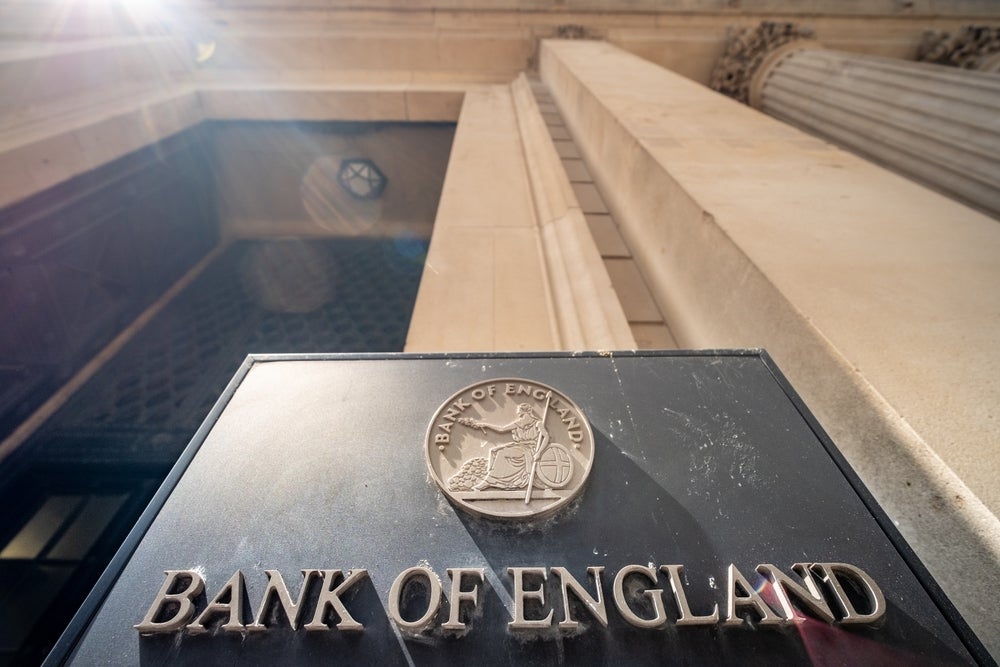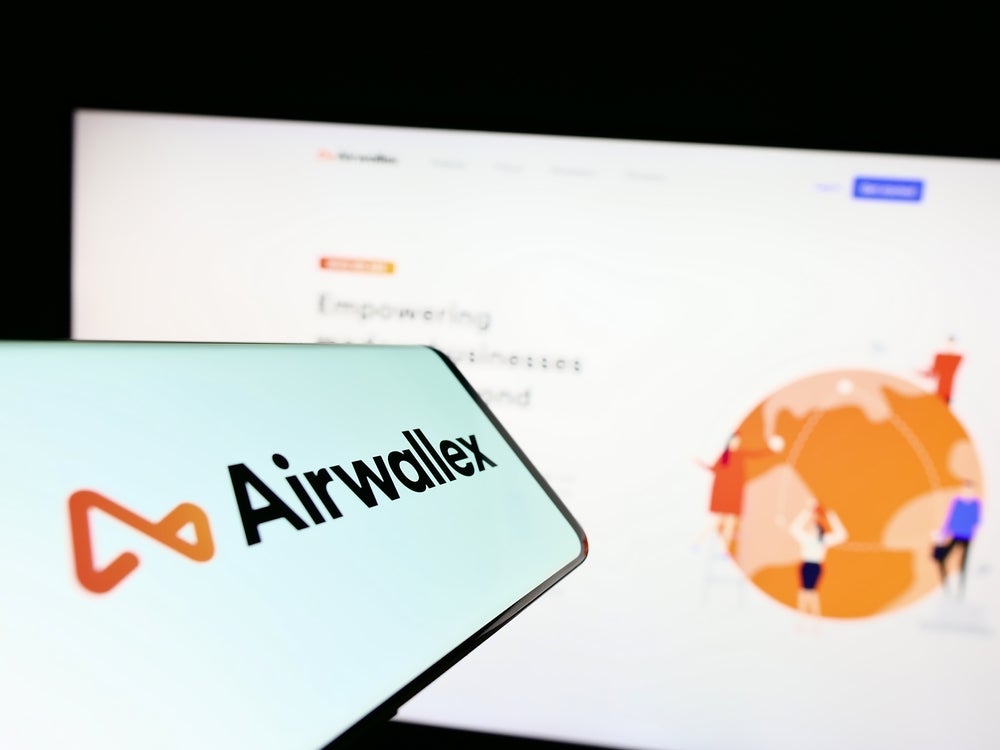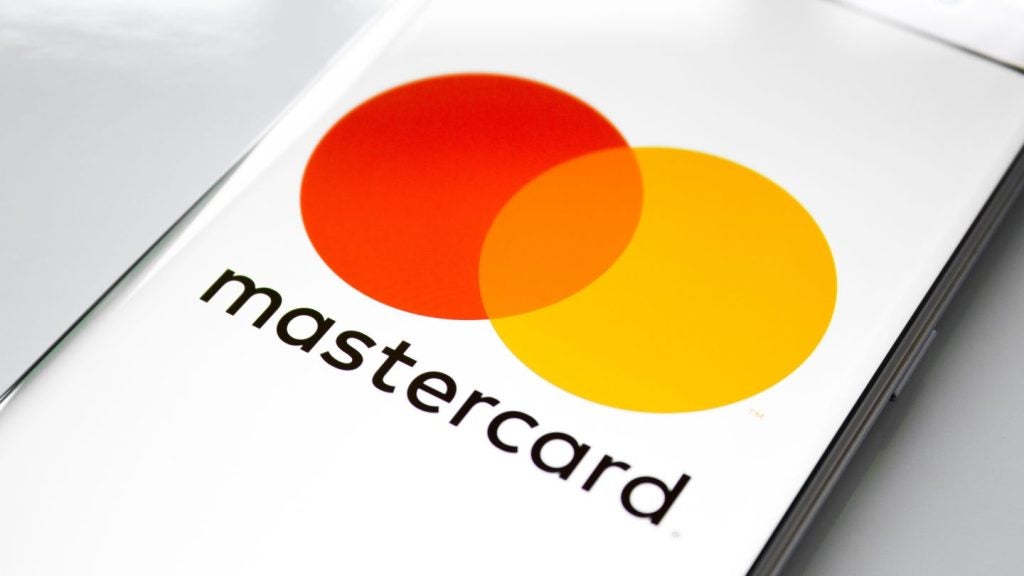On 30 July, the Bank of England (BoE) published a new discussion paper outlining its approach to innovation in money and payments.
The BoE’s goals are to maintain stability, trust and confidence in sterling. Its approach therefore concentrates on ensuring that electronic payments, however they are made, are settled in money held at the Bank. The aim is to minimise risk and loss of confidence in sterling, especially during a “systemic stress”.
The report covers three areas: Wholesale payments – i.e. payments made between Financial Institutions (FIs) using money held at the Bank (aka “public money or “central bank money”), normal retail payments based on money held in deposit accounts (aka “private money” or “commercial bank money”), and cross-border payments.
Wholesale payments
For payments made between FIs, the BoE is looking to promote use of central bank payments by making the CHAPS scheme more open to direct participation. This is in addition to making them more open to integration with payments made on Distributed Ledger Technology (DLT) solutions, so that payments are settled using the Bank’s RTGS system (“synchronisation”).
The BoE is also seeking feedback on wholesale Central Bank Digital Currency (wCBDC), and is planning to carry out experiments with DLT-style use cases. Three outcomes are specified. The first, that central bank money systems must keep pace with financial technology such as the ability to settle tokenised wholesale transactions. The second, that in turn innovation in financial markets should be harnessed by the Bank in a way that supports financial stability, and the third, that UK financial market infrastructure must enable innovation by providing interoperability with new DLT-based networks.
Retail payments
The BoE acknowledges that HM Treasury (HMT) is working on its National Payments Vision and will be issuing a report in the coming months. HMT’s work is strongly focused on retail payments, and the Bank emphasises that it is working with HMT on this.

US Tariffs are shifting - will you react or anticipate?
Don’t let policy changes catch you off guard. Stay proactive with real-time data and expert analysis.
By GlobalDataIn the report, the BoE sets out its desired policy outcomes for retail payments, giving clear direction on its objectives and concerns for innovation. Again, the aim is to ensure stability, with the BoE discussing that digital payments must be settled in central bank money, must be highly resilient and properly governed, and that they should be innovative.
The report also acknowledges, in neutral terms, that Pay.UK has proposed potential upgrades for Faster Payments and BACS. The Bank goes on to say that “meeting the retail payments policy outcomes will require clear and renewed leadership by the UK authorities in this space”, indicating its belief in a strong role for government and regulators in working with the industry during this period.
The report considers the possibilities for a retail digital currency (retail CBDC / digital pound). It makes clear that no decision has been taken on whether or not to issue a retail CBDC, however, the BoE continues to carry out preparatory work to ensure the option to issue is available if needed. The report states a digital pound could help to ensure that central bank money remains available and useful in an ever-more digital economy, continuing to support UK monetary and financial stability. It could also provide a public platform for private sector innovation, promoting further competition, efficiency and choice.
Cross-border payment innovation
The BoE also wishes to see greater innovation in payments systems and cross-border payments to reduce friction. This is, however, tempered with concerns around stability and movement of currency. Although not mentioned explicitly, this aligns the UK generally with the aims of the G20 Roadmap for Enhancing Cross Border Payments.
What does this mean for UK banks?
In addition to the BoE’s consultation, innovation in DLT is being progressed through the work of the UK Regulated Liability Network (Regulated Liability Network | UK Finance) and schemes such as Fnality or RTGS.global. On a global level DLT interoperability and tokenisation are gaining increasing interest, as highlighted in a recent BIS paper on the future of the financial system, referred to as the “Fininternet.” Similarly, the Monetary Authority of Singapore has initiated a project to explore the development of a multi-purpose shared ledger based on Distributed Ledger Technology (DLT). Central banks’ growing interest in DLT, coupled with increased collaboration with DLT infrastructure providers, suggests that advancements in this space will soon become widely adopted.
The use cases leveraging DLT and smart contracts are expanding, offering potential benefits like improved liquidity efficiency and reduced risk, as seen in examples such as Delivery versus Payment (DvP) and automated supply chain payments. Banks must reassess their existing products and services to identify opportunities to pass these benefits on to their customers.
With the “New Payment Vision” opening up new possibilities in the retail sector and the Bank of England’s ongoing consultations, banks can expect rapid waves of innovation. Thus, proactively modernising their technology has become more crucial than ever to facilitate the adoption of the latest advancements in payments.
Adam Richardson is Head of Payments Architecture at Icon Solutions








